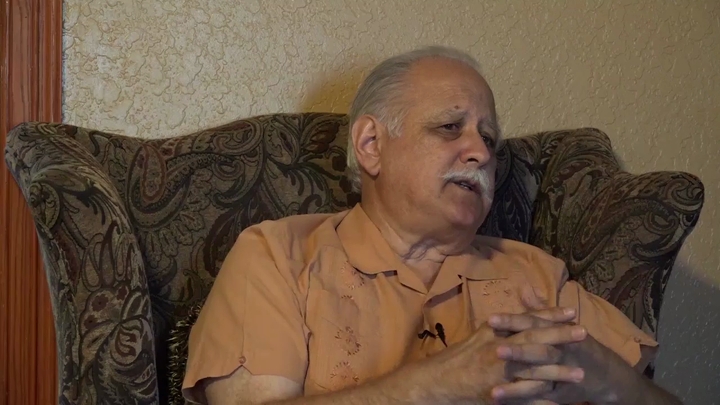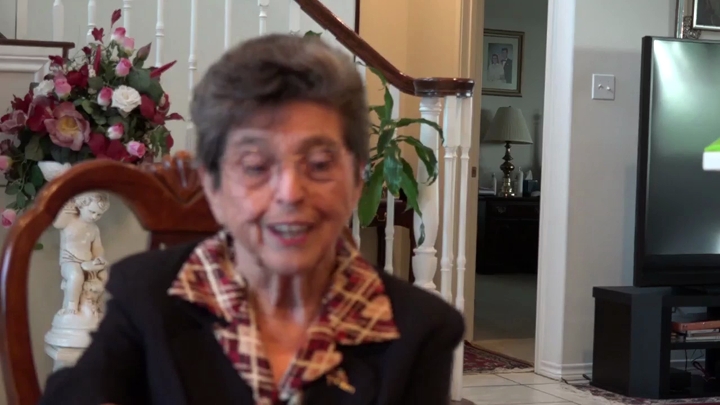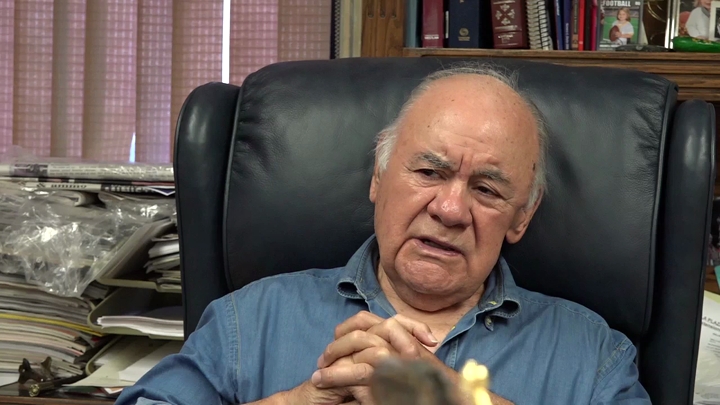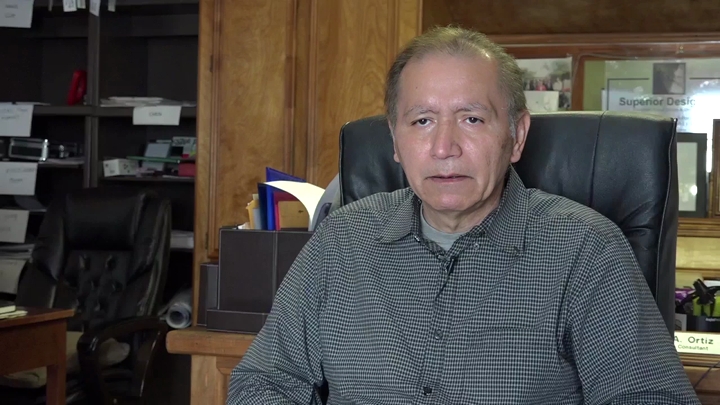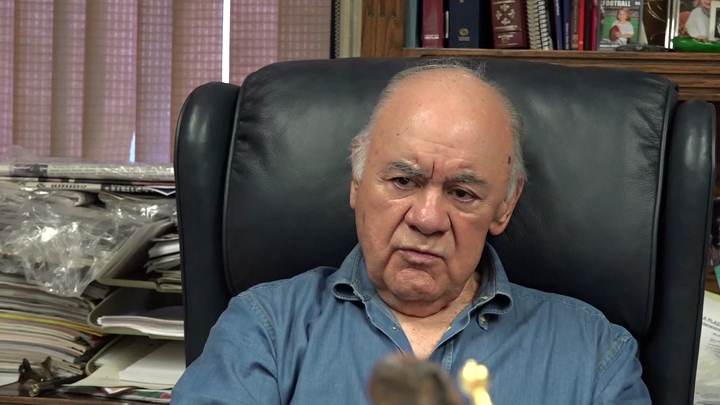Harrington / Communication with other Organizations
sign up or sign in to add/edit transcript
Arionus: What year was that case? Harrington : I would say 1990 or ‘91. Arionus: Before we move to Austin, while you were in the valley did you work with any national organizations such as MALDEF and if so or more cases? Harrington : Yes, we did work with MALDEF but not a lot. MALDEF itself was going through internal stuff. It starts off in Texas and goes to California. They were involved in a couple of cases. They were involved in the water district issue. Also, a grand jury challenge. There was a case that went from our projects up to the Supreme Court, and we won, Castaneda. That was done by David Hall, who was my predecessor. And that was the whole issue of grand jury discrimination in Texas and ended up actually doing a lot of litigation about that after the Supreme Court case. They were involved in that. I remember doing an employment case with them in Brownsville. But by and large, they were more concentrated on voting and more concentrated in Central and West Texas. Which is fine, they did do stuff in South Texas. There are advantages about working together and then there are advantages about not working together. One of them is that you want to spread out your resources. But if everybody’s doing a case together then that means you’re only doing one case instead of two, or one case instead of three, depending, right. Sometimes that’s important perhaps, but generally the organizations are competent and I don’t see any reason to double up unless you’re doing it for political reasons. And even then, you do not have to do the equal work you just have somebody out for their name. Arionus: Did you have a relationship, I mean I assume the organizations communicate with one another, did you have a relationship with members in the MALDEF office and San Antonio for example? Harrington : I think it is a problem in Texas generally, there isn’t a lot of communication. Part of it is because everyone is so busy. You put together a conference you are talking about money, time off, and people are really busy. And people are sort of in their own area. There is a period of two, three maybe four years I worked on putting together a conference, got a sponsor through the law school, but you really did not have a lot of turn out. Maybe 100 people, but most of them or just new lawyers. There was not any upper level planning, coordinating. You can also not spend a lot of time organizing and that context. If it had taken off, we could’ve passed it off to the law school to do it themselves and we would not have to be involved. But it was too much work for what we got out of it. Arionus: What about LULAC? Did you have any connection? Harrington : Is involved sometimes for demonstrations. So at that time, when I was there, Hector Garcia from the G.I. forum who is an icon. Then you had the Bonilla brothers, particularly Ruben. They were all in Corpus Christi. So that was very close to the valley so we would get participation with the political stuff and generally the police stuff. But we also got purchase a patient when we worked on the legislation. Changing the laws, the unemployment laws the workers comp law, and all of that involves organizing, politically organizing to elect who we could. Or at least elect people who were sympathetic. How does that involve the lobbying. We wind and the courts, we litigated in the courts, but at the same time we were working in the legislature. So in terms of working in the legislature, you needed Hector Garcia on board and LULAC on board. So it was that kind of cooperation for sure, legislatively. And of course both organizations have influence at that time on politicians. It is quite different now, I do not know if the G.I. forum is still around. LULAC is divided and a mess. You know, in the Texas civil rights project I always wanted to work with groups. I had a really good relationship with the NAACP. Actually, they were playing taps a number of times, on a voting rights case for example. Or, a case against the police department. Getting LULAC involved, never it is all over the place.


